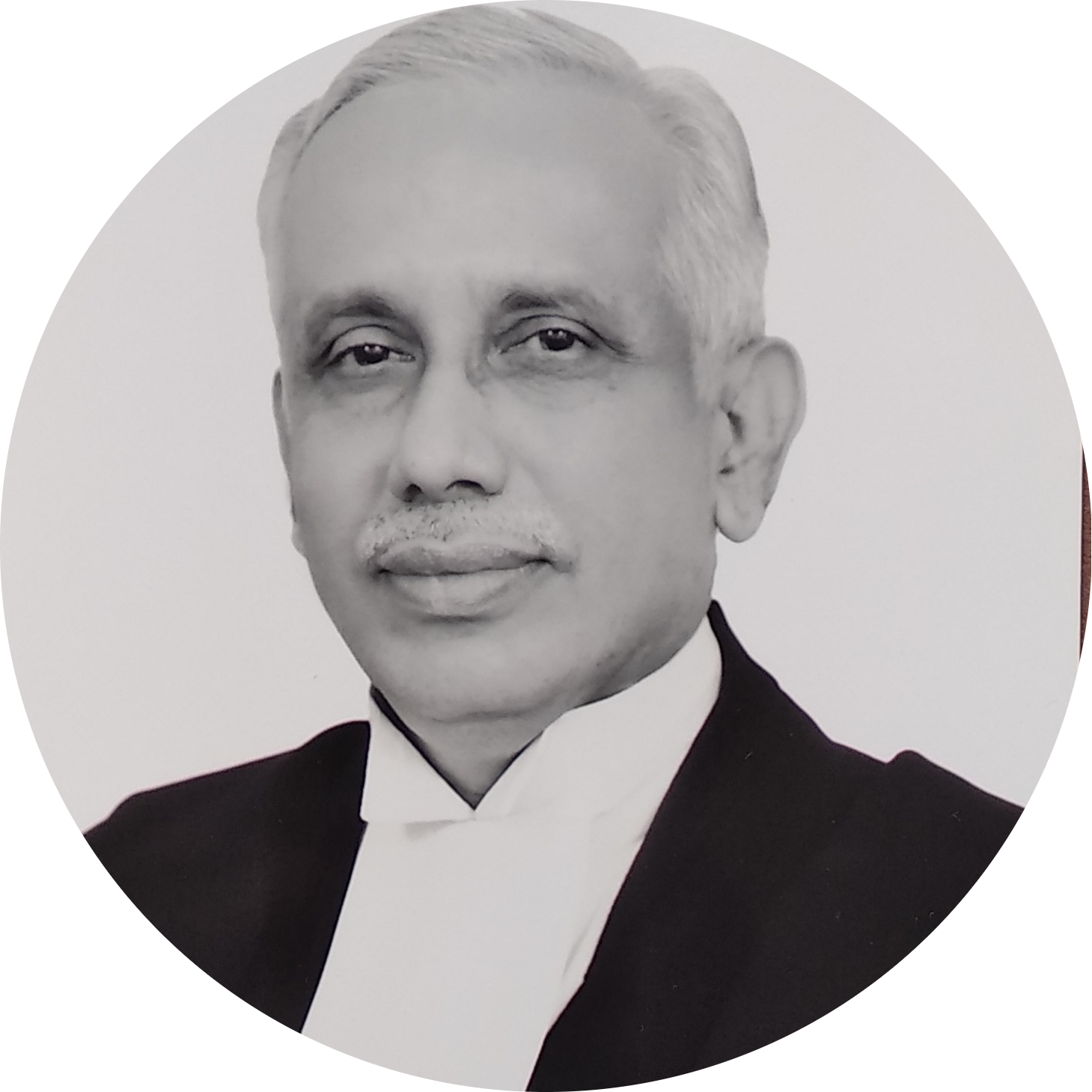Abdul Nazeer

Abdul Nazeer
Former Judge of the Supreme Court of India
Assumed Office17th Feb, 2017
Retired On4th Jan, 2023
Previously
Permanent Judge of the Karnataka High CourtSeptember 24th 2004
Additional judge of the Karnataka High CourtMay 12th 2003 - September 23rd 2004
EnrolmentFebruary 18th 1983
Profile
Early Life and Education
Justice Abdul Nazeer was born on January 5th, 1958. He studied law at Sri Dharmasthala Manjunatheshwara Law College, Mangalore.
Career as a Lawyer
Justice Nazeer enrolled as an advocate on February 18th, 1983. He litigated for 20 years at the Karnataka High Court.
Career as a Judge
In 2003, he was appointed as an Additional Judge of the Karnataka High Court and one year later he was made a Permanent Judge. On February 17th, 2017 Justice Nazeer was elevated to the Supreme Court. He is the third judge to be directly elevated to the Supreme Court without serving as the Chief Justice of a High Court.
Post-Retirement
Shortly after Justice Nazeer’s SC retirement he was appointed as the Governor of Andhra Pradhesh on February 12th, 2023.
Tenure in Numbers
Justice Nazeer retired on January 4th, 2023 after serving a 6-year term at the SC. During his tenure, Justice Nazeer sat on 458 benches and authored 93 judgments.
In Figure 2, we can see that majority of the judgments authored by Justice Nazeer in his 6-year tenure were for Criminal matters (25). The rest of his judgments were distributed among wide subject matters, with the next highest portions being Property (15), Tenancy (7), Civil (7) and Land Acquisition (5).
Notable Judgments
In M. Siddiq v Mahant Suresh Das(2019), Justice Nazeer was on the three-judge bench hearing an appeal to the Ayodhya title dispute. He dissented from the majority and stated that a Constitution Bench must review the court’s earlier decision that a mosque is not an essential feature of Islam.
Justice Nazeer was the only Muslim on the multi-faith bench deciding the constitutional validity of Triple Talaq in Shayara Bano v Union of India(2017). Justice Nazeer and then Chief Justice Khehar dissented to uphold the constitutionality of Triple Talaq. They concluded that the Parliament, not the Supreme Court, held the authority to strike it down. Accordingly, they directed the Parliament to draft a law on Triple Talaq and proposed placing an injunction on it for six months until the Parliament’s decision.
Justice Nazeer was a member of the nine-judge Supreme Court bench that unanimously declared privacy as a fundamental right in Justice K. S. Puttaswamy v Union of India(2017) The bench held that privacy is integral to the right to life with dignity under Article 21 of the Constitution.
On January 2nd, 2023, Justice Nazeer led the 5-Judge Constitution Bench that upheld the Union’s 2016 Demonetisation Scheme by a 4:1 majority. He was part of the majority opinion which held that the Demonetisation scheme was implemented in a reasonable manner. Justice B.V. Nagarathna dissented stating that the Union had unlawfully implemented the demonetisation scheme. On January 3rd, 2023, in Kaushal Kishore v State Of Uttar Pradesh a 5-Judge Constitution Bench led by Justice Nazeer held that the Freedom of Speech and Expression under Article 19(1)(a) can only be restricted under the restrictions given under Article 19(2).
